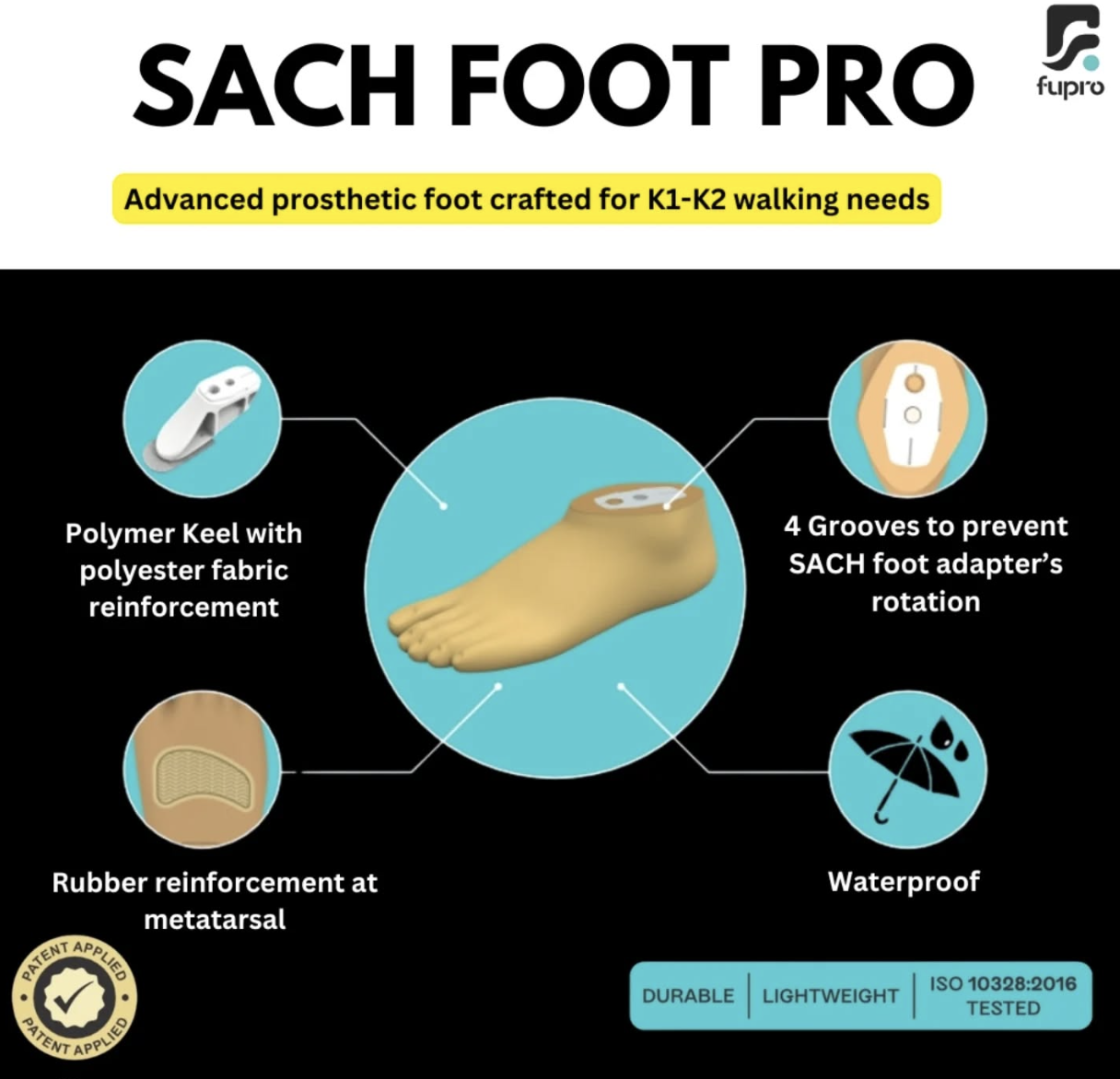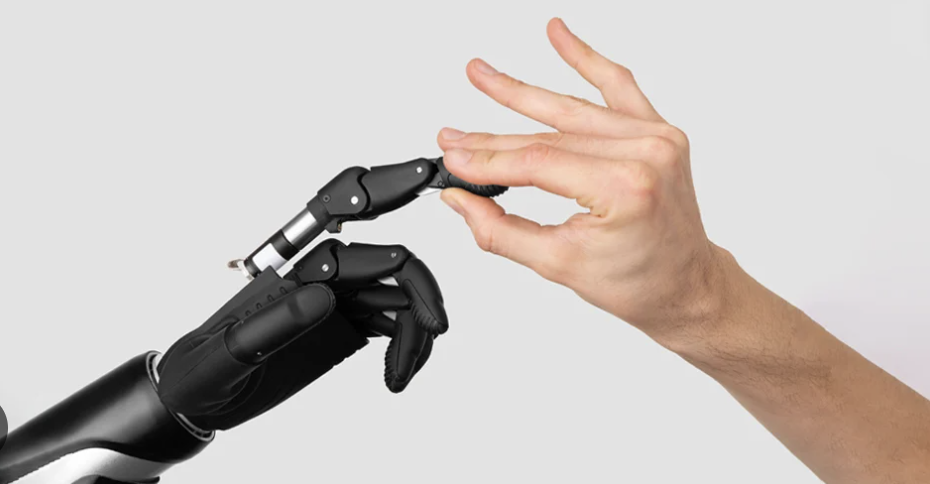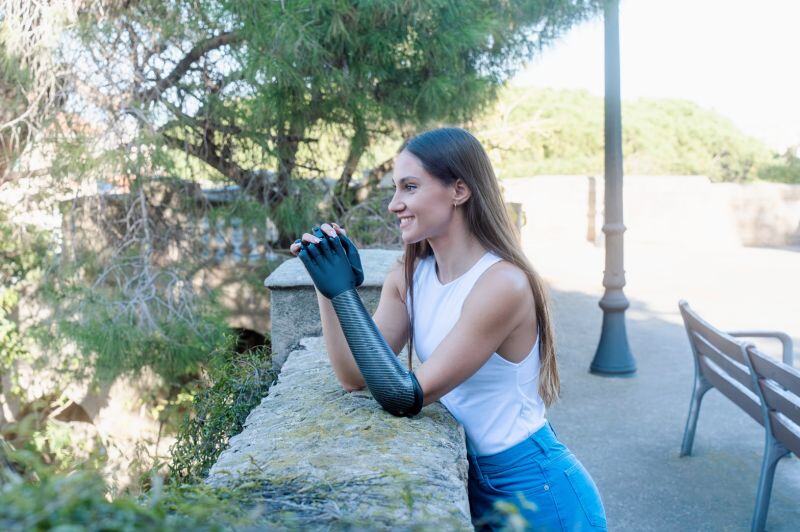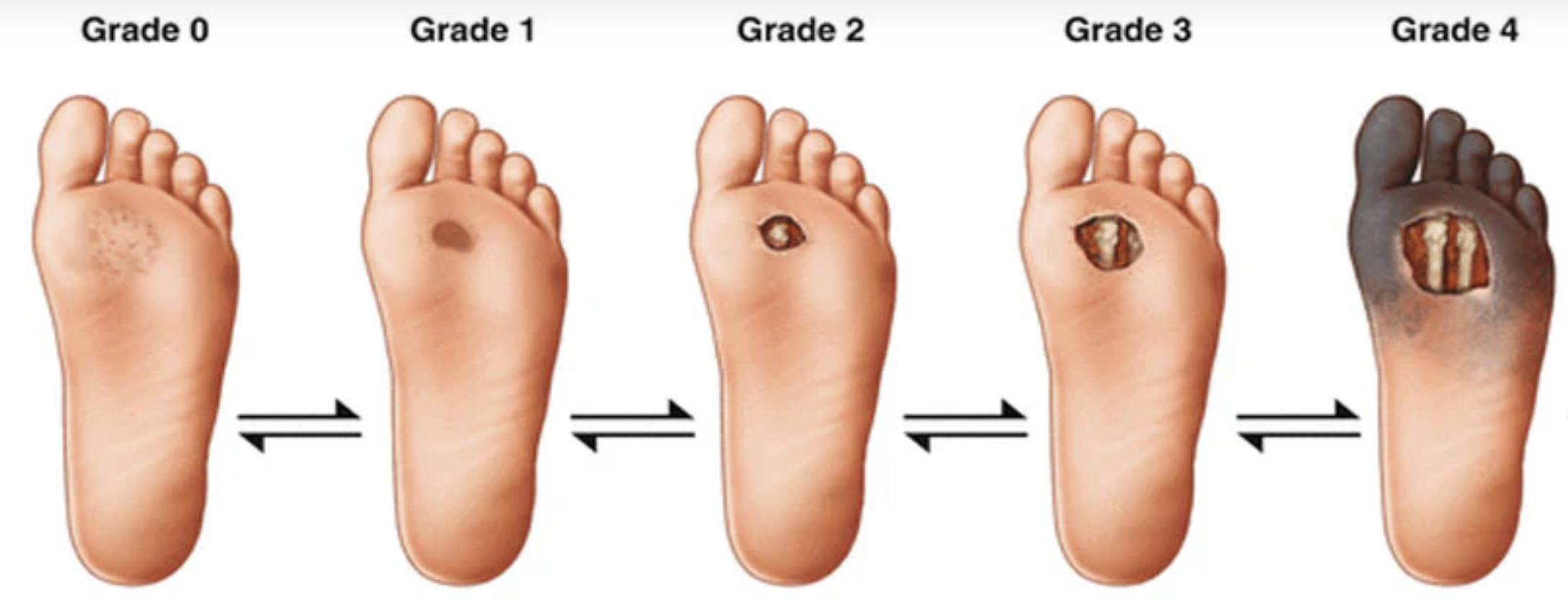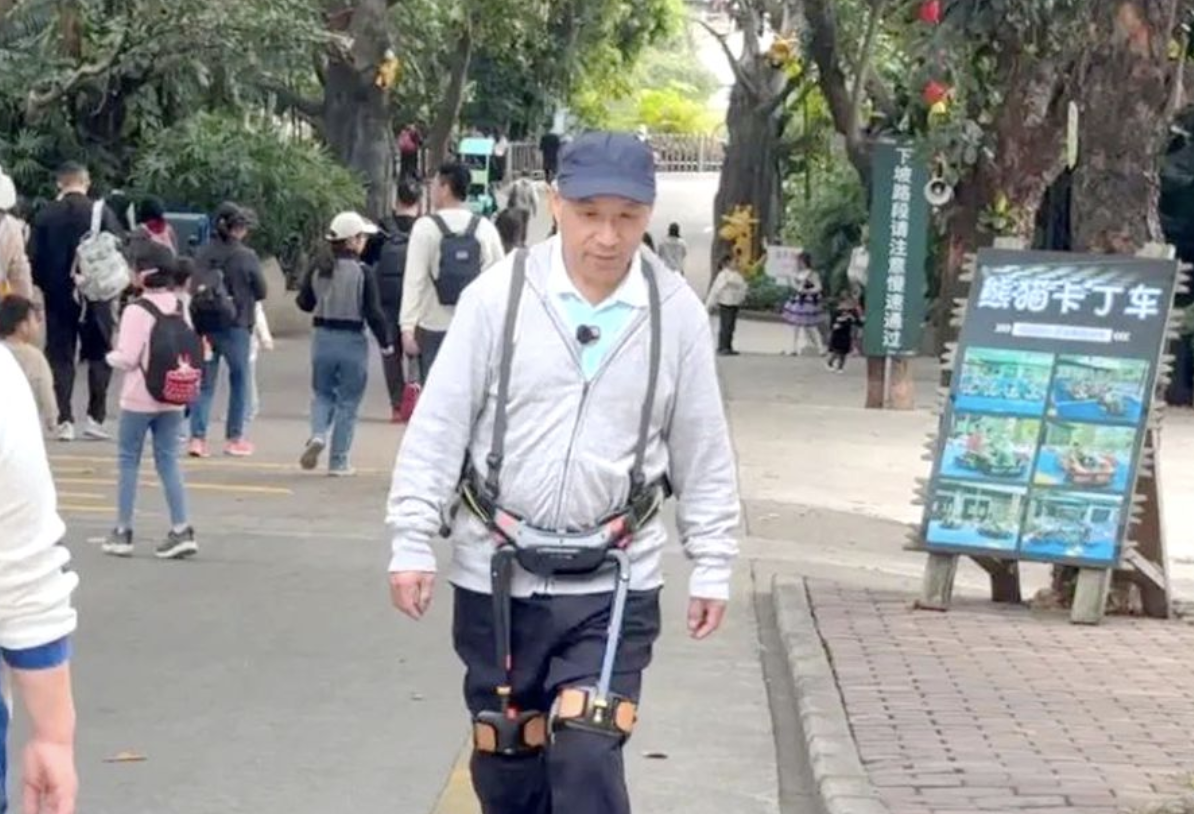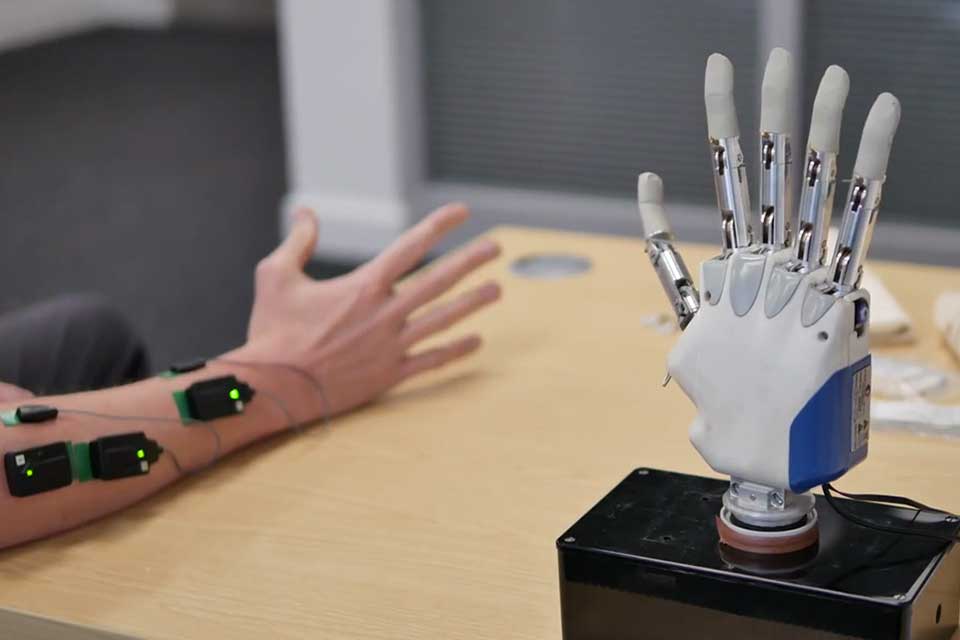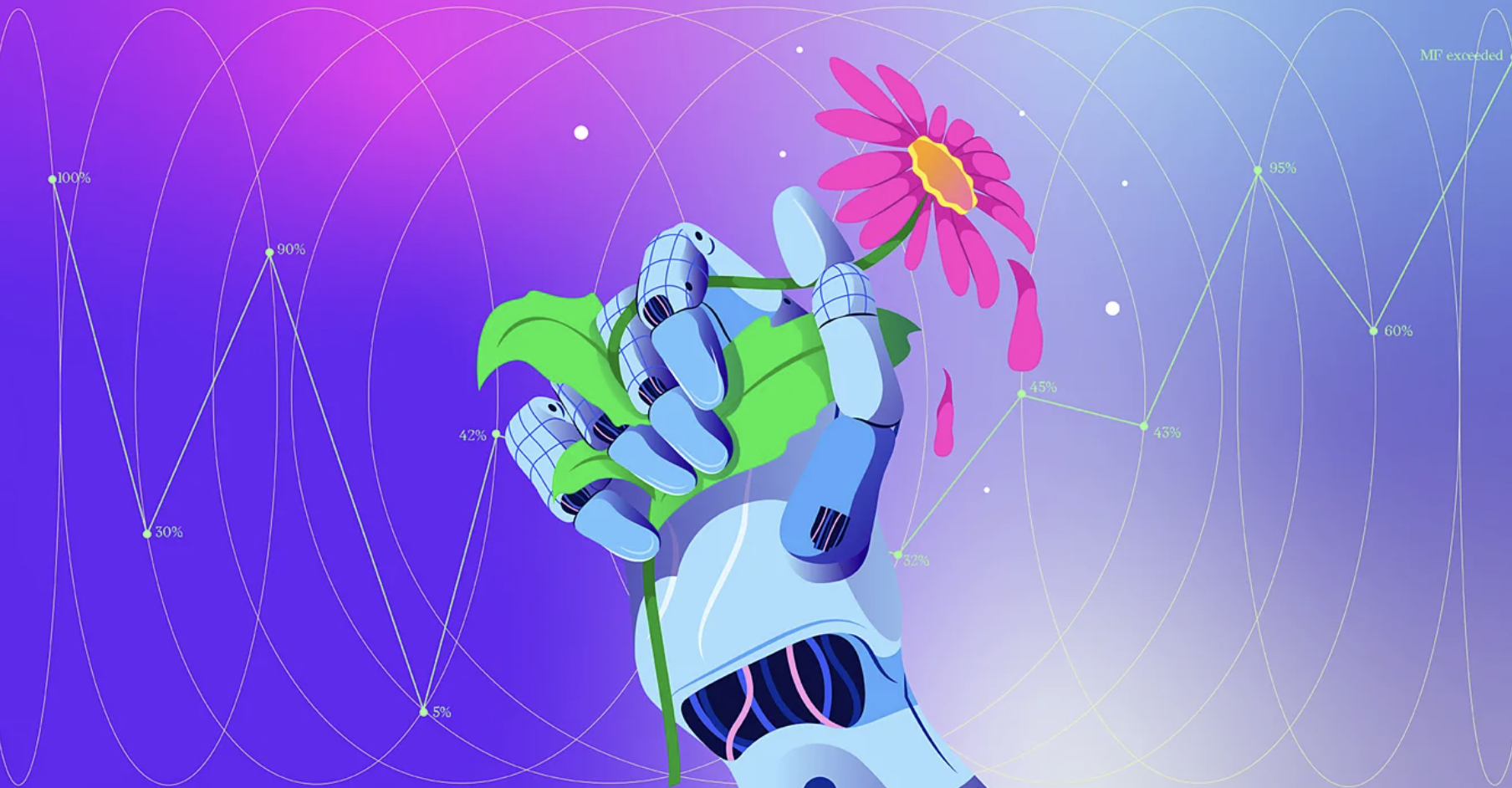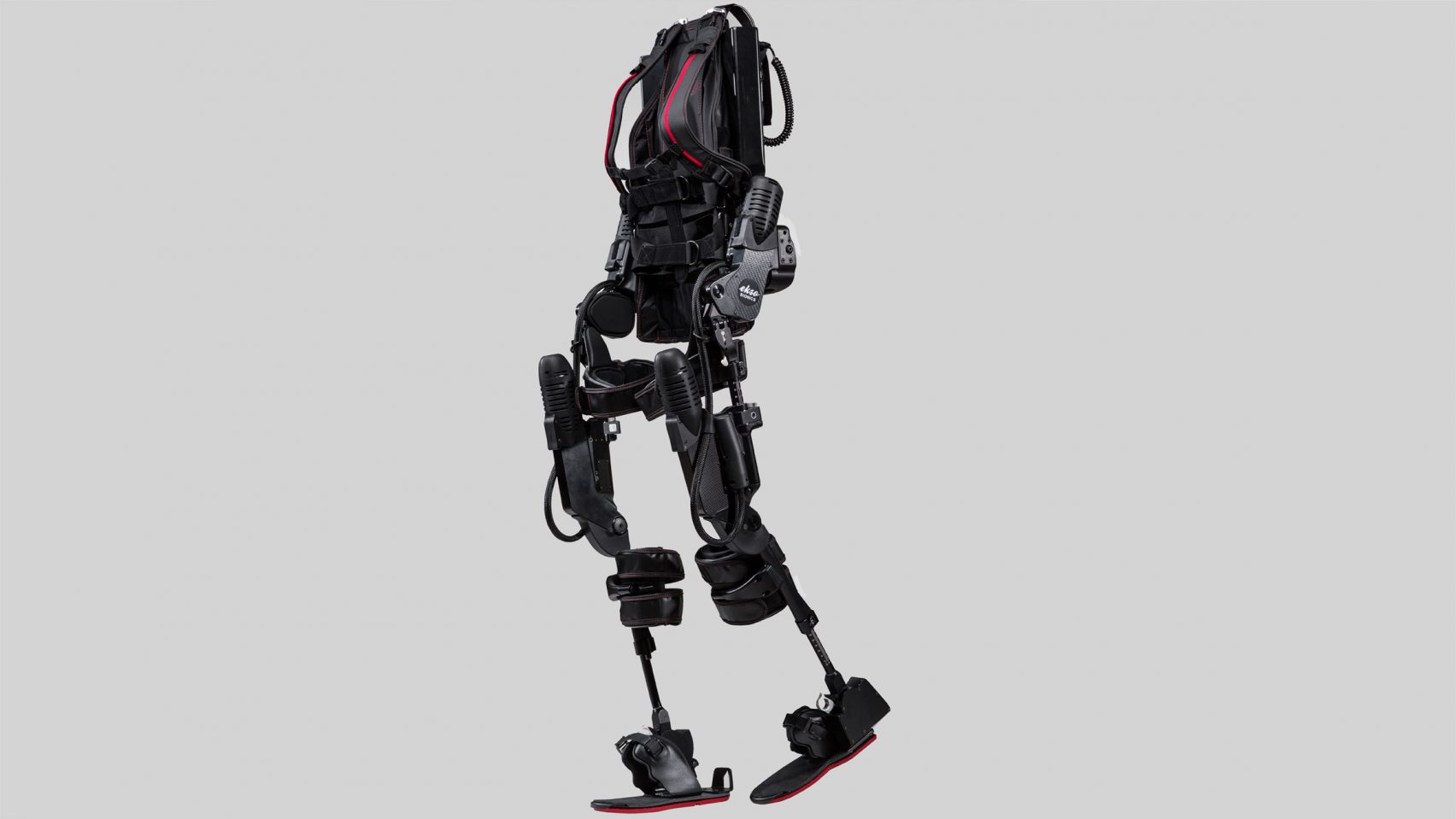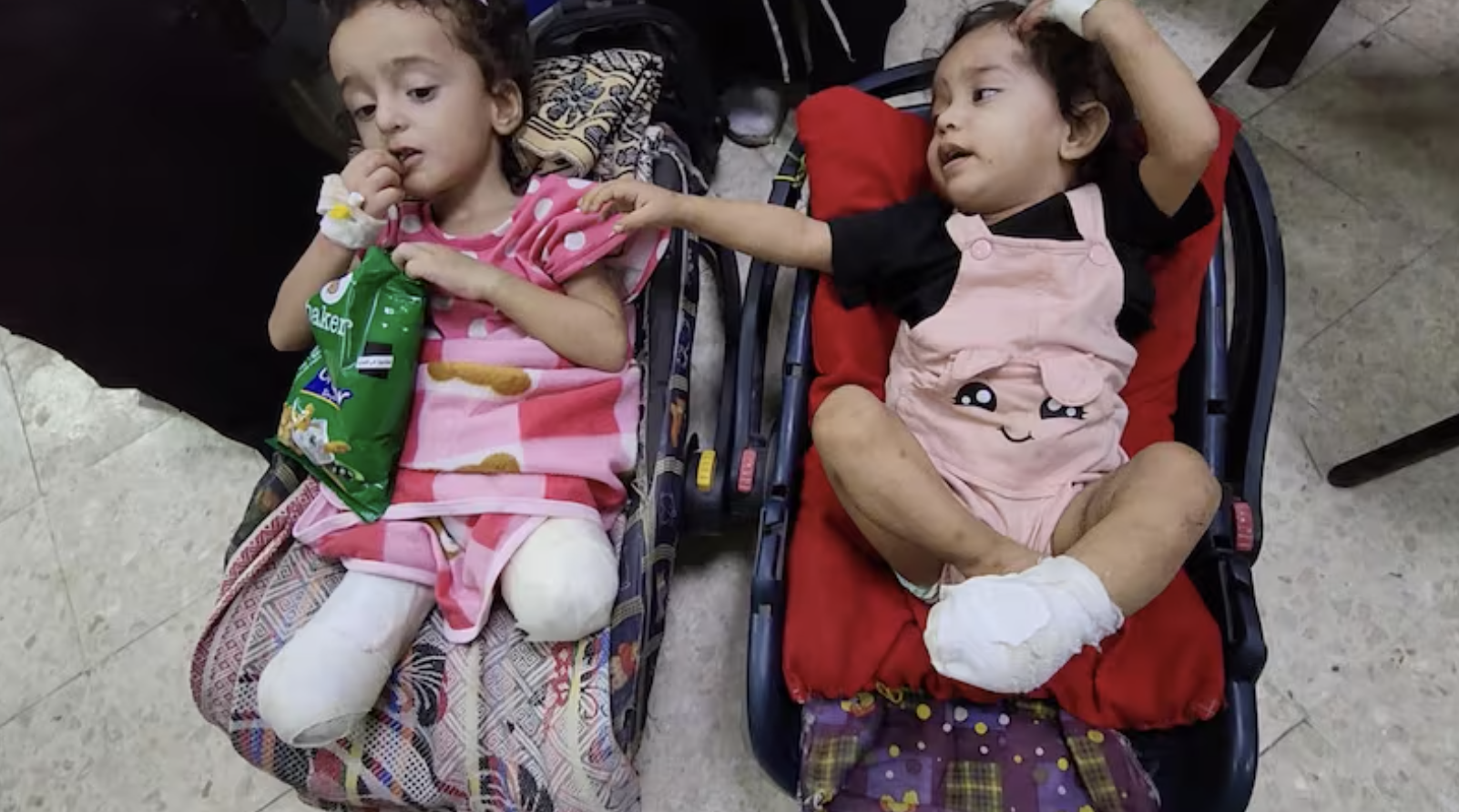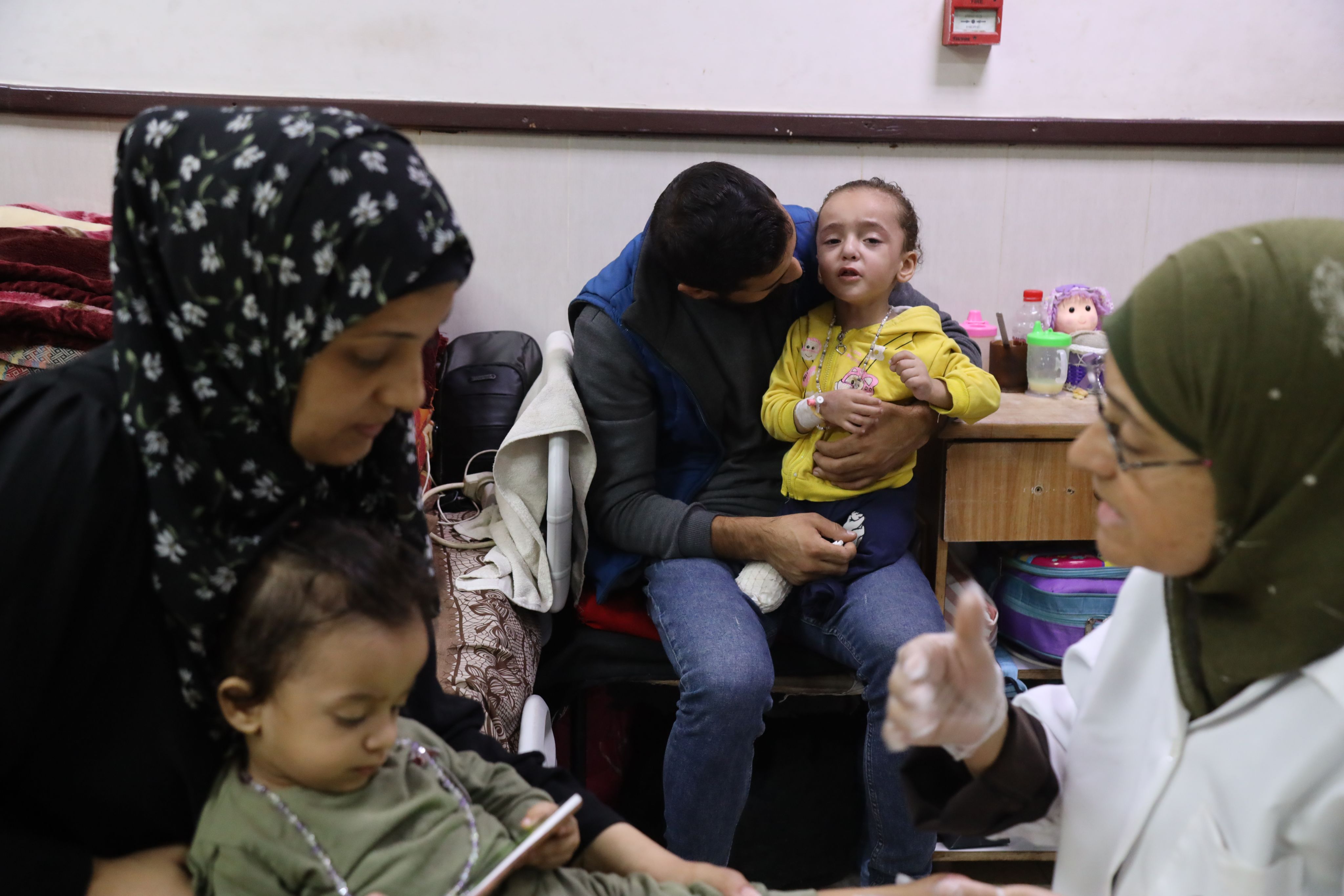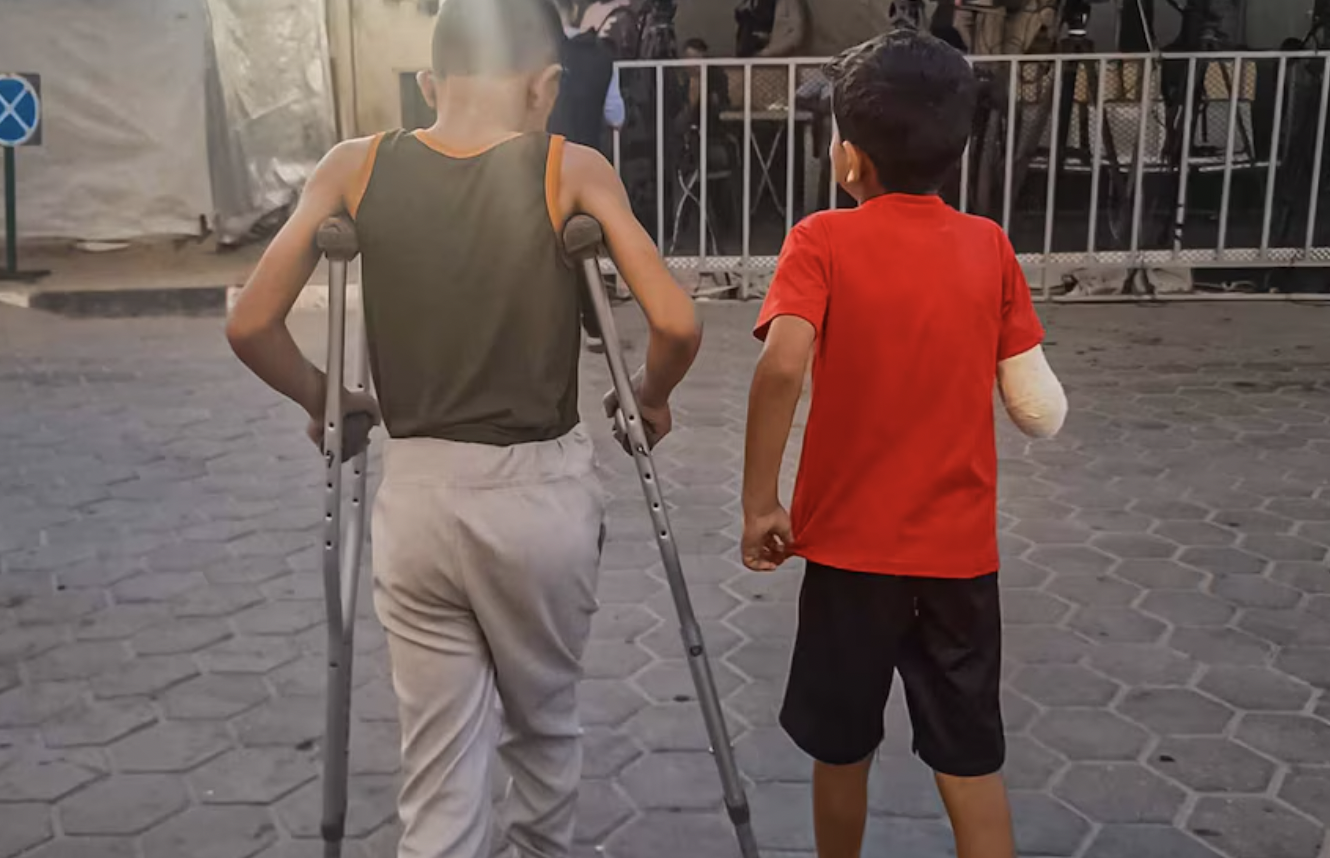In a small, crowded room in Gaza, laughter cuts through the heavy air of despair. A 12-year-old boy leaps and runs – kicking a virtual football with both legs intact. He’s wearing a virtual reality (VR) headset, but the joy on his face is unmistakably real. For a few precious moments, he has reclaimed the movement stolen from him by an Israeli air strike that took his leg.
The room is part of TechMed, a mental health initiative led by Mosab Ali, a 29-year-old Palestinian innovator from Gaza. Despite the relentless bombings, economic blockade and constant fear, Mosab has created a sanctuary where technology offers a semblance of hope.
A graduate in electronic and industrial studies from the Palestine Technical College, Mosab’s path once aimed at global gaming competitions. Today, his vision is focused on healing the scars of war, both visible and unseen.
“Just like any entrepreneur, you adapt your idea to the needs of the moment. So I took the idea of gaming and connected it to mental health because that’s where the need is. Children are suffering and we must do all that we can with what we have to benefit them,” Mosab tells MEMO.
Mosab’s mission began in March when his seven-year-old son, Amin, sustained a severe leg injury in an air strike. Watching Amin grapple with the trauma of both the injury and the harrowing hospital environment, Mosab turned to what he knew best: VR technology.
Through the headset, Amin explored lush landscapes filled with animals; a world that seemed galaxies away from the devastation surrounding him.
“Seeing him smile again changed everything for me,” Mosab recounts. “I realised that if it could help my son, it could help so many other children here who are suffering.”
With this revelation, Mosab set up a small tent outside Al-Aqsa Martyrs Hospital to offer the same relief to other injured children. Despite repeated bombings that destroyed his workspace – most devastatingly, a fire from an Israeli air strike on the hospital courtyard, which killed four displaced Palestinians and injured over 40 others, Mosab rebuilt his initiative indoors with the hospital’s support.
Today, TechMed operates with a small yet impactful team of therapists, including Gaza’s renowned psychotherapist Ismail Aburukbe. Together, they use VR to assist both children and adults, tailoring experiences to individual needs. While children are drawn to imagery of nature and animals, adults often describe the sessions as a rare respite from their harsh reality.
The scale of trauma in Gaza is staggering. Since October 2023, more than 4,000 amputations and 2,000 cases of spinal and brain injuries have been recorded, according to UNRWA. For children, the trauma of losing limbs or loved ones is compounded by nightmares and social withdrawal. Adults face similar struggles, trapped in an endless cycle of grief and survival.
![Children in Gaza explore VR at TechMed Gaza's tent in Al-Aqsa Hospital, fostering mental well-being through play. [TECHMED_GAZA/Instagram]](https://i0.wp.com/www.middleeastmonitor.com/wp-content/uploads/2025/01/448400455_1173664830308043_2935630632981657150_n-1.jpg?resize=500%2C333&ssl=1)
Children in Gaza explore VR at TechMed Gaza’s tent in Al-Aqsa Hospital, fostering mental well-being through play.
“The first phase is usually amputee denial with both children and adults. So when doctors try to get people into the stage of acceptance, it could take months. But when they use the VR and the patient experiences that moment of disconnection, it speeds up that process. Within two or three sessions amputees start to speak about their amputations or at least look at them because a lot of patients refuse to even look at their amputations,” Mosab explains.
Sham, a six-year-old girl whose right arm was amputated, embodies this transformation. When Mosab met her in the hospital, she had retreated into near-total silence, responding with only a single word each day. Her parents were heartbroken, unable to engage her.
Mosab introduced her to VR as a way to disconnect from her immediate environment. Through the headset, Sham entered a world of forests and animals. Almost immediately, she began talking again. “Oh, my God! I can see this animal, and I can see that!” she exclaimed.
TechMed has also reached adults like 20-year-old Abdel Rahim whose leg was amputated near the Kuwait Roundabout near Gaza City. “For six months he refused to leave the house because he didn’t want to see a roundabout. He refused to talk about the injury, and he refused to look at his leg, and whenever they came to clean his leg or wounds, he would get very frustrated,” explains Mosab.
After being introduced to VR therapy, Abdel Rahim experienced a breakthrough. Initially hesitant, he found unexpected joy in exploring virtual environments. Over five sessions, he began to open up, talking about the incident and even confronting the place where it happened. Today, he can look at his amputated leg without distress.
Ten-year-old Ahmad Dweik, who lost his arm in a bombing, initially refused to speak, play, or acknowledge his amputation. Through guided VR sessions, he began to reconnect with himself and his surroundings. By his fourth session, he was engaging with others, reciting Quran verses, and even addressing his trauma – a transformation his family had not thought possible.
The trauma Palestinians in Gaza are enduring is beyond any textbook definition. Therapists collaborating with TechMed avoid terms like PTSD, which imply a post-trauma period, because the trauma remains ongoing. They are documenting each case, recognising that Israel’s siege on Gaza and its relentless bombing campaign represent an unprecedented humanitarian crisis.
“The conditions in Gaza are exceptional,” Mosab explains. “The blockade, the famine, the constant bombings; it’s a level of suffering no one has studied before.”
The logistical hurdles too in Gaza are immense. With borders closed and supply lines choked by Israel, humanitarian aid trickles in sporadically. Costs for essentials like sugar and shoes have skyrocketed and resources for initiatives like TechMed are constantly at risk. The team currently has four VR headsets and hopes to acquire two more along with additional laptops to meet the growing demand.
Mosab dreams of expanding TechMed, collaborating with international organisations to scale up its impact. “War takes so much from people,” he says. “If I can give back even a little – whether it’s hope, joy, or just a moment of escape – it’s worth every effort.”
TechMed’s mission is a quiet revolution in a region that has seen too much destruction. For the people of Gaza, Mosab is offering a new reality where the human spirit remains unbroken. And in that, there is a powerful truth: no matter the adversity, the Palestinian will to heal always finds a way.

